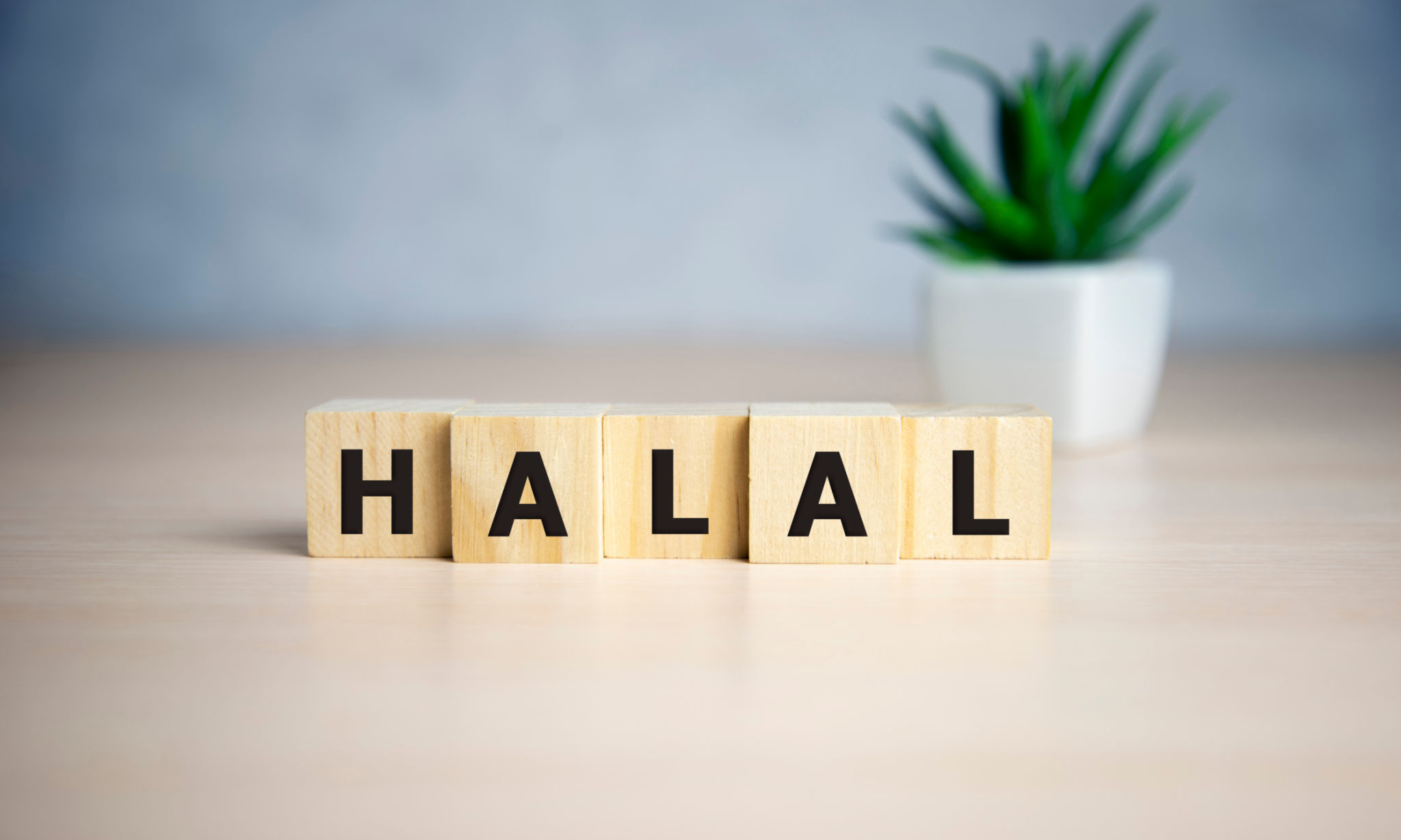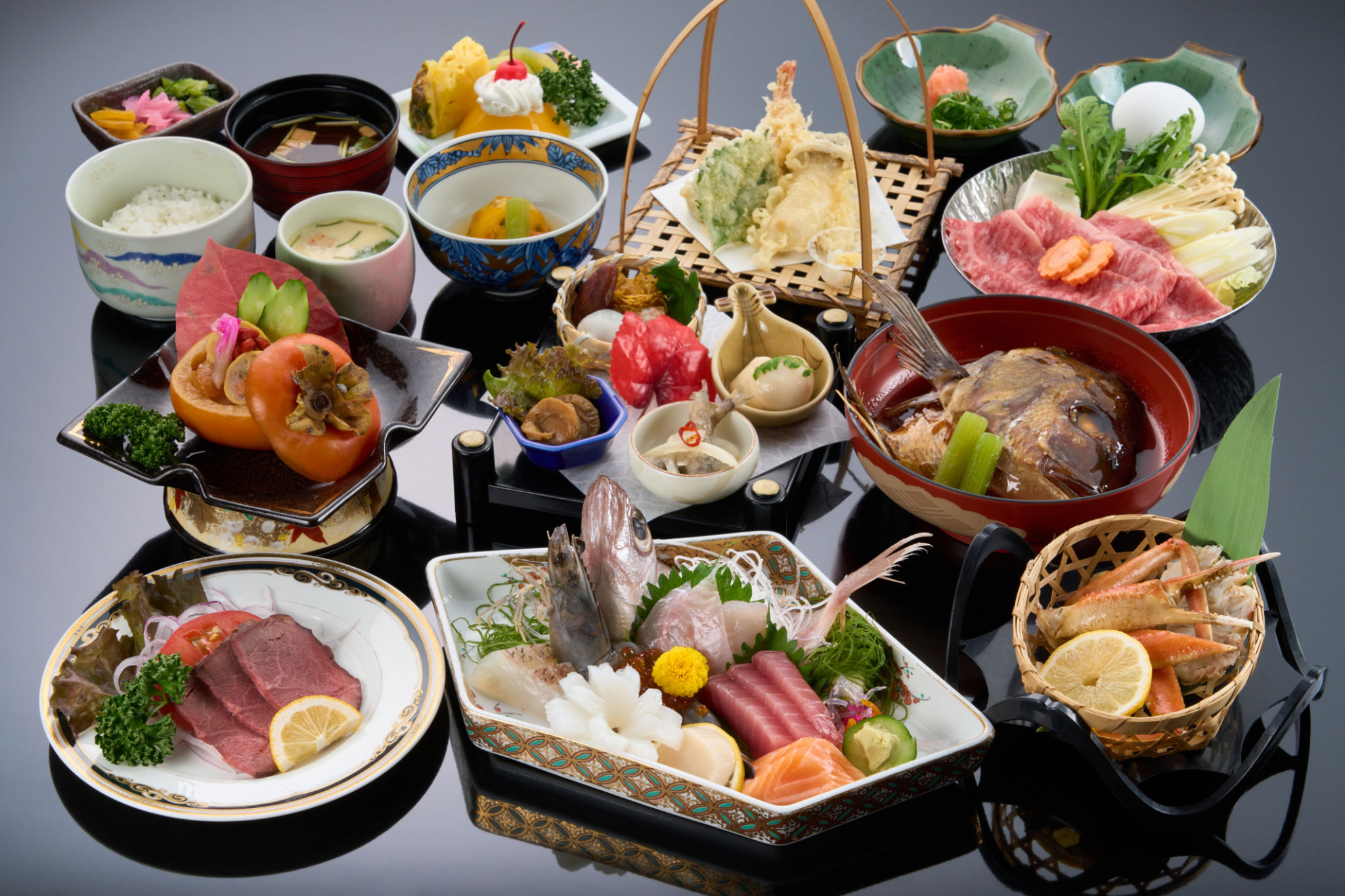Halal vs. Non-Halal: Understanding Japan’s Dining Scene
Introduction to Japan's Dining Scene
Japan is renowned for its rich culinary heritage, offering an array of flavors and dishes that delight food lovers worldwide. However, for those observing halal dietary practices, navigating Japan's dining scene can be both exciting and challenging. Understanding the distinction between halal and non-halal options is essential for enjoying the country's cuisine responsibly.

What is Halal?
The term halal refers to what is permissible or lawful in traditional Islamic law, particularly concerning food and drink. To be considered halal, food must adhere to specific guidelines, including the method of slaughtering animals and the absence of certain prohibited ingredients like alcohol and pork.
The Rise of Halal-Friendly Options in Japan
With an increase in Muslim travelers and residents, Japan has seen a growing demand for halal-friendly dining options. Many restaurants are now certified to provide halal meals, ensuring that the preparation, cooking, and serving processes comply with Islamic dietary laws.

How to Identify Halal Restaurants
Finding halal restaurants in Japan is becoming easier thanks to several resources:
- Halal Certifications: Look for restaurants displaying halal certification logos.
- Mobile Apps: Use apps specifically designed to locate halal-friendly dining options.
- Online Guides: Check online directories and reviews for recommended halal eateries.
Non-Halal Dining in Japan
While halal options are increasing, non-halal dining remains predominant in Japan. Understanding common ingredients and cooking styles can help Muslim diners make informed choices. Awareness of dishes typically containing pork or alcohol is crucial when ordering meals in non-halal establishments.

Popular Japanese Dishes to Avoid
Some popular Japanese dishes contain non-halal ingredients. Here are a few to be cautious of:
- Tonkotsu Ramen: A pork-based broth ramen.
- Sukiyaki: Often includes beef cooked with soy sauce and sake.
- Yakitori: Skewers that might use pork or include sake in the marinade.
Tips for Enjoying Japan's Cuisine
Muslim travelers can still enjoy Japan's culinary offerings by taking a few proactive steps:
- Research Ahead: Look up potential dining spots before your trip.
- Learn Basic Phrases: Knowing some Japanese phrases can help when inquiring about ingredients.
- Communicate Preferences: Don't hesitate to ask about meal preparation methods at restaurants.

The Future of Halal Dining in Japan
The future looks promising as more Japanese businesses recognize the importance of catering to diverse dietary needs. As awareness grows, so does the potential for a more inclusive dining scene that respects and accommodates various cultural practices.
In conclusion, while exploring Japan's dining scene requires some diligence for halal observers, it is certainly possible to enjoy and appreciate the nation's culinary delights. With continued efforts from both the hospitality industry and travelers, Japan can become an even more welcoming destination for all food enthusiasts.
